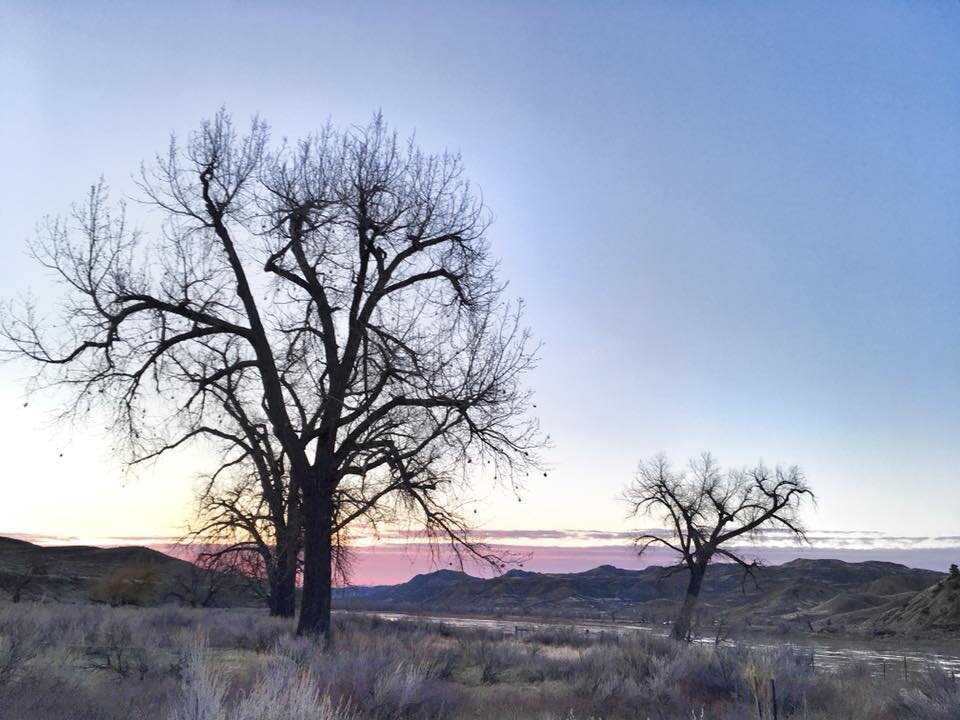Celtic Spirituality, the Immanent Presence of God
Gaelic Blessing
“Deep peace of the running wave to you,
Deep peace of the flowing air to you,
Deep peace of the quiet earth to you.
Deep peace of the shining stars to you,
Deep peace of the gentle night to you.
Moon and stars pour their healing light on you,
Deep peace of Christ, the light of the world to you.”
joanna es campbell. Along the Missouri river
In Celtic Spirituality, God’s presence is in and through the created world. There is no dualism. Nothing is seen as secular. All is holy. Nature is sacred. God is present everywhere, but this is not pantheism. The hills, the sky, the sea, the forests are not God, but their spiritual qualities reveal God and are connected to God. This is like the artist’s connection to his painting. A painting or a statue, while bearing the identity of the artist’s hand, still has an existence separate from the work.
Gaelic Blessing is the John Rutter anthem our choir sang at my ordination. Since an early age, I have experienced what the words and music are saying. As I sit by my desk, even in front of a picture window, I become consumed with my world and its problems and become self-absorbed. I go outside, and it is as if I am in a different world. I suddenly experience a world larger than my own, sacred, one I did not create. My problems become small. I am connected to something greater than myself. Following the moon rise at night or the rising of the sun in the morning, or its setting in the evening or listening to the constant rhythm of the waves by the ocean brings a peace to my body and soul and mind that no drug or substance can duplicate.
Nature helps us live in the present. This is where God meets us, even on these cold winter days of Advent. Maybe especially in the winter of Advent, when the deciduous trees are now bare and sleeping so we can more clearly see beyond the world around us.
Authors to read more about Celtic Spirituality are John Miriam Jones, With an Eagle’s Eye (Ave Maria Press 1998), Philip Newell, Celtic Benediction (Eerdmans 2000), and Philip Newell, Christ of the Celts (Jossey-Bass 2008).
Joanna joannaseibert.com
